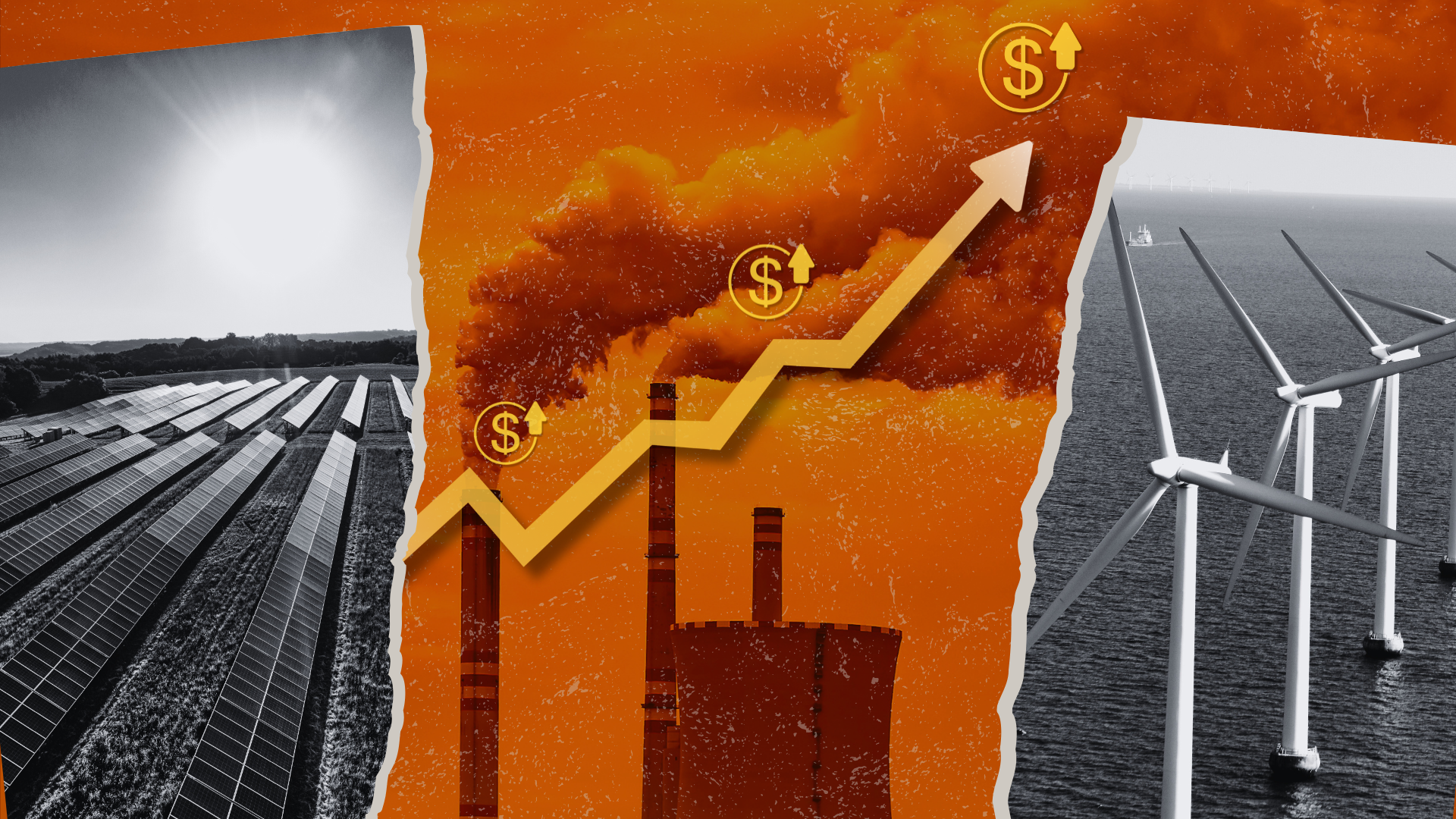Are We Ready for Climate Change’s Health Impacts?
 This post is by Catherine Malina, an associate in the Health Sciences Program at Environmental Defense Fund and a survey interviewer for the "Are We Ready?" report.
This post is by Catherine Malina, an associate in the Health Sciences Program at Environmental Defense Fund and a survey interviewer for the "Are We Ready?" report.
Environmental Defense Fund released a new report [PDF] today on the U.S. public health system’s state of preparedness for global climate change. It’s based on a survey of local health department directors from across the country. I was one of the survey interviewers.
Is our nation ready to address the public health challenges of a warming planet? Our survey found there’s much work still to be done.
Climate change already contributes to disease and premature deaths worldwide, as populations experience greater health risks from more frequent and intense heat waves, extreme weather events, reduced air quality and infectious disease. The new EDF report, written in collaboration with the National Association of County and City Health Officials and George Mason University, evaluates our public health infrastructure based on a survey of 133 local health departments in 39 states.
Public Health Officials Are Concerned
The survey, conducted over the course of two months, included health officials in all parts of the country – from Utah, Kentucky and Florida, to Wisconsin, North Carolina and Maine.
In each interview I asked public health directors about their perception of climate-related health risks, and the status and adequacy of their departments’ programs in response to these dangers. Directors also described their current or planned activities to help reduce greenhouse gas emissions, and the additional resources they would need to more effectively deal with climate change as a public health issue.
I learned that there is widespread concern about climate change and the public health challenges it presents. This was true from small, rural counties to large, urban centers, and the suburbs in between.
Most of the directors were both personally and professionally interested in the issue, and believed climate change had already taken place in their jurisdiction. Even more believed they would see the local climate change over the next 20 years. I was struck to learn that a large majority thought their area would experience one or more serious public health problems as a result of climate change.
Lack of Funding for Long-Range Planning
Tellingly, most of the directors I interviewed saw the public health effects of climate change as an important priority for their department, but relatively few identified it as a top priority. Many admitted they lacked the resources and expertise to fully respond to the challenge. One director said:
We have limited staff and budget, so time is spent on routine issues. We don’t have the ability to focus on long-range planning.
Another – one of many – echoed this response:
It would be a priority, but I don’t have the funding for it.
Though we’re not where we need to be, hearing this made me feel optimistic. Public health directors recognize the challenge ahead and are eager to find solutions.
Where We Go From Here
Our survey shows that local health directors across the U.S. are looking to state and national leadership for guidance and support. Improving public health’s capacity to respond to climate change impacts will require closing a gap in resources and funding, but there are many opportunities to reduce health risks through smart policies that serve both climate and health goals.
For a detailed set of recommendations on how the U.S. can prepare for these health impacts, and to learn more about the survey, check out the full report [PDF].













One Comment
don’t throw away your warm clothes yet.
http://www.theaustralian.news.com.au/story/0,25197,23583376-5013480,00.html